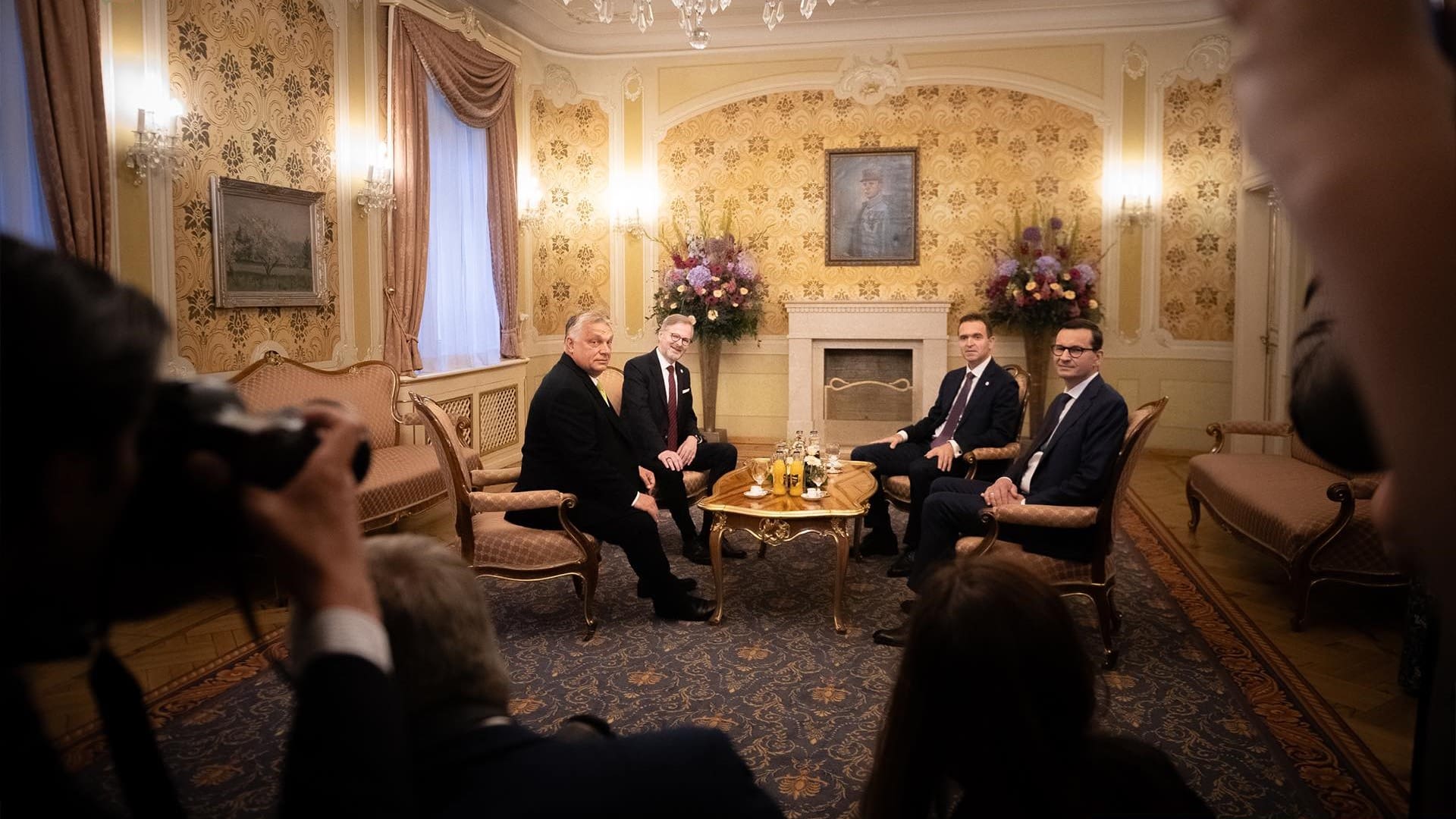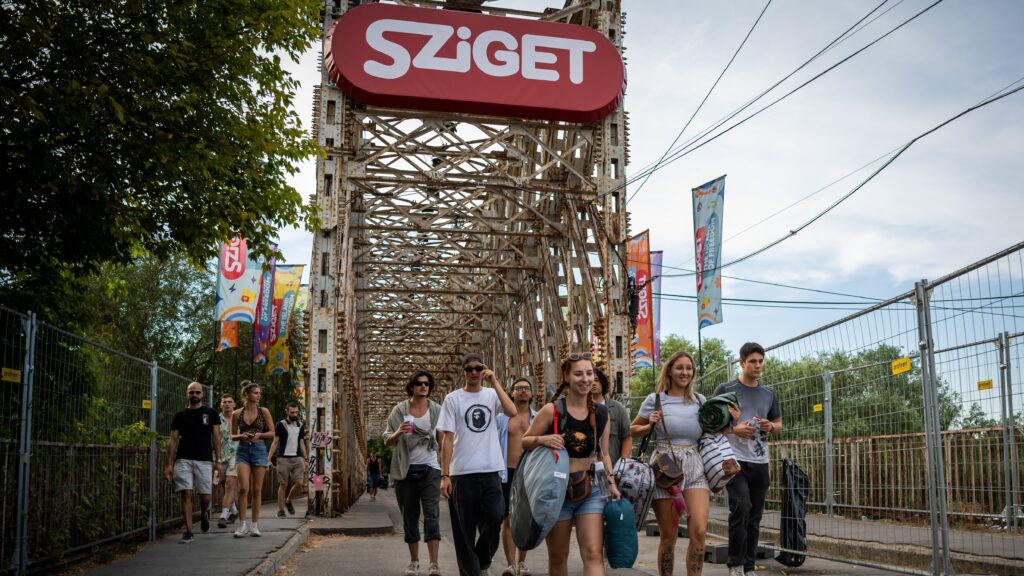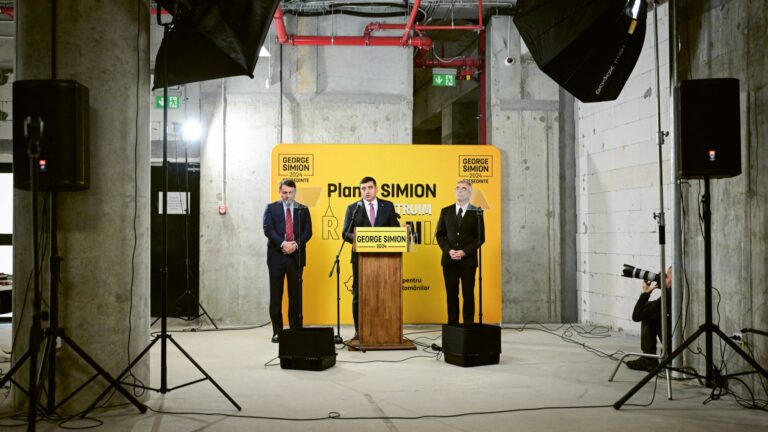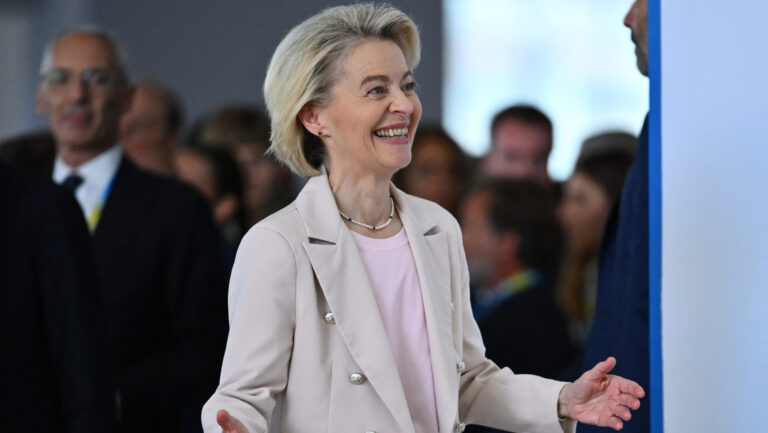On 27 February, the heads of government of the Visegrád Group (V4—Poland, Slovakia, the Czech Republic, and Hungary) will meet again in Prague. Energy security, the EU’s strategic goals, and the fight against illegal migration will be among the topics on the agenda, as stated in a post by the Hungarian Prime Minister’s political director Balázs Orbán, published on X.
Balázs Orbán on Twitter: “🚨 Exciting update! #V4 Heads of Government gather in Prague on Feb 27, 🇨🇿🇵🇱🇭🇺🇸🇰 Key agenda: energy security, EU strategic goals, tackling illegal migration. Stay tuned for insights! pic.twitter.com/rVeUduKwsH / Twitter”
🚨 Exciting update! #V4 Heads of Government gather in Prague on Feb 27, 🇨🇿🇵🇱🇭🇺🇸🇰 Key agenda: energy security, EU strategic goals, tackling illegal migration. Stay tuned for insights! pic.twitter.com/rVeUduKwsH
The next V4 summit will be notable for several reasons. Firstly, it marks the first meeting in years where Poland will not be represented by Mateusz Morawiecki, following the failure of the party Law and Justice (PiS) to form a government after last October’s elections. Warsaw will now be represented by Donald Tusk, potentially complicating cooperation between Poland and Hungary due to the history of relationship between Hungarian Prime Minister Viktor Orbán and Tusk. Since assuming office in December last year, the Polish Prime Minister has been
a vocal critic of the Hungarian government, even accusing PM Orbán of being pro-Russian.
The summit also coincides with the Hungarian parliament’s expected ratification of Sweden’s accession to NATO scheduled for the day prior, as leader of the Fidesz parliamentary group Máté Kocsis announced today. According to his Facebook post, Kocsis requested House Speaker László Kövér to include Sweden’s NATO accession on the agenda of the first spring session of this year, on 26 February—a motion that the Fidesz parliamentary group intends to support. Hungary is the final NATO member state required to ratify Sweden’s accession for Stockholm to attain full membership in the defence alliance.
Furthermore, the V4 summit will mark Viktor Orbán’s first official trip abroad since the resignation of President Katalin Novák on 10 February, amidst a scandal over a clemency decision.
With the eruption of the war in Ukraine, cooperation among the Visegrád countries has come to a standstill. The most significant division arose between the two closest allies, Poland and Hungary. Warsaw, known for being one of the staunchest European supporters of Ukraine, initially struggled to reconcile Budapest’s pro-peace stance. Relations deteriorated to the extent that the withdrawal of Poland and the Czech Republic led to the cancellation of a defence ministers’ meeting in Budapest in March 2022. ‘I have always supported the V4 and I am very sorry that cheap Russian oil is now more important to Hungarian politicians than Ukrainian blood,’ Czech Defence Minister Jana Černochová expressed on X at that time.
As it became clear that the war would last for many years, the parties began to draw closer and contemplate pragmatic collaboration despite their differences. Mateusz Morawiecki first hinted at the possibility of renewed cooperation among the Visegrád countries along the Polish–Hungarian axis in September 2022, stating in an interview with Sieci: ‘all the other issues in which we have shown solidarity, understanding, and mutual support for each other will once again strongly unite us’. Morawiecki also expressed his desire to explore solutions that would facilitate a return to cooperation within the V4, while acknowledging differences and respecting Ukrainian sensitivities. He emphasized the importance of joint action with Hungary in areas where shared values and interests align the parties.
The first V4 heads of government summit following the Russian invasion of Ukraine occurred on 25 November 2022 in Košice, Slovakia. After the meeting, Mateusz Morawiecki remarked that there had been highly constructive consultations among the parties, reaffirming that despite their disparities, the Visegrád Group remained interdependent. Subsequently, Viktor Orbán also noted positive progress, asserting that
the V4 retained a promising future,
with ongoing collaboration in crucial areas such as combating illegal immigration, safeguarding the external borders of the Schengen area, and addressing the energy crisis.
The most recent summit at the level of Heads of Government occurred in June 2023, during which the leaders of the V4 countries expressed their opposition to the new EU migration pact and its compulsory migrant quota.
Since its establishment in 1991, the Visegrád Group has made significant strides in enhancing regional cooperation. Alongside joint infrastructure investments, cultural collaboration, and trade relations, the V4 has emerged as a primary lobbying entity for EU member states in Central Europe in recent years. The four countries adeptly balance the voices of larger member states in EU decision-making processes. ‘The V4 has consistently faced the challenge of differing Eastern policy perspectives among its members. However, the V4 is not a geopolitical organization; it was not formed for that purpose. Instead, its aim is to collectively represent the interests of Central Europe in EU debates, whether economic or value-based. The V4 will continue to fulfil this original mission well in the future, and there is no difference of opinion on this issue,’ Viktor Orbán stated in an interview with Magyar Nemzet in 2022.
Indeed, currently, the V4 seems to have reverted to the pragmatic cooperation that existed before the war. The success of the format in the upcoming period will largely hinge on the ways and issues on which Donald Tusk and Viktor Orbán can collaborate. This would not be unprecedented, as the relationship between the two leaders was not nearly as bad in the past as it is now. One thing is certain, however: a well-functioning V4 is essential for the success of Central Europe and for defending and promoting the region’s interests.
Related articles:








